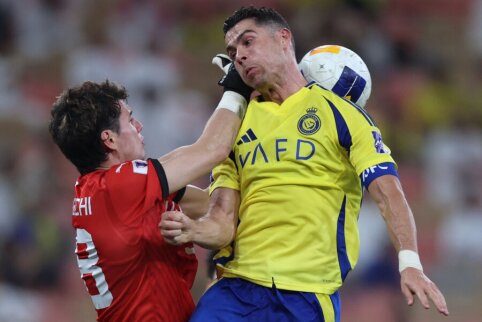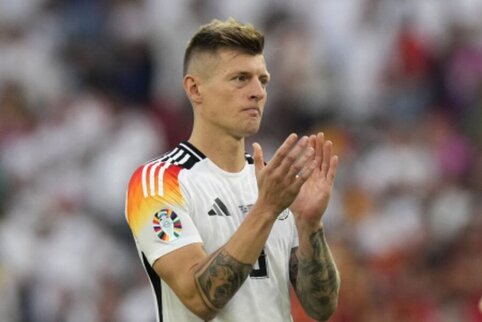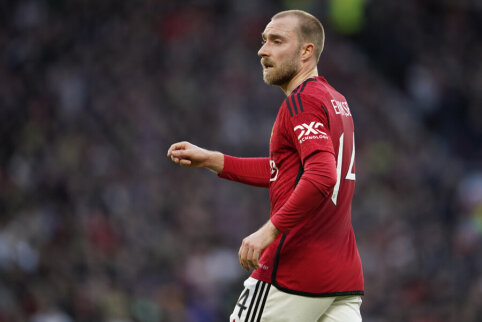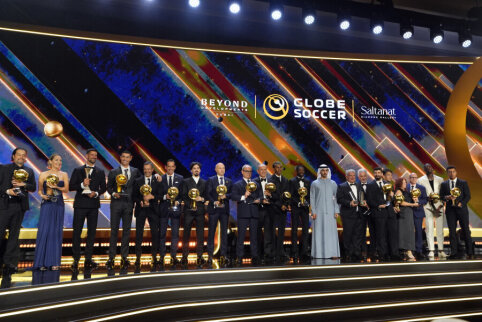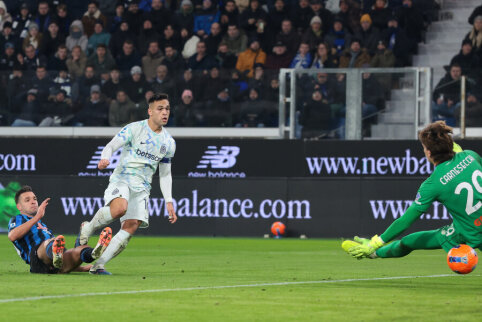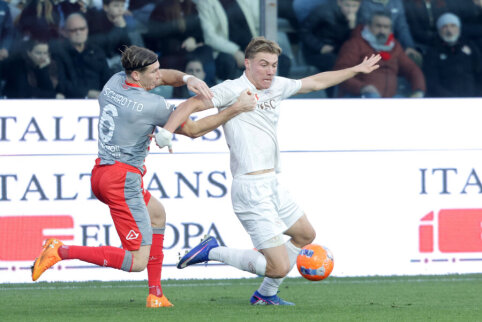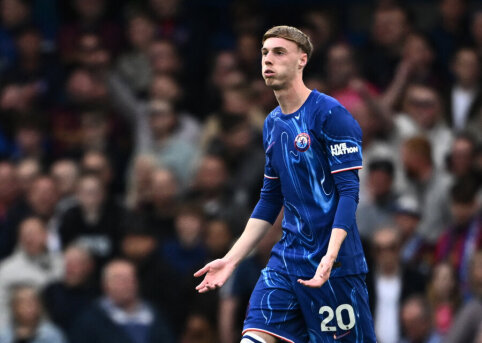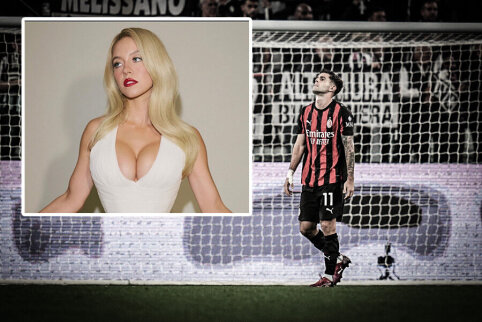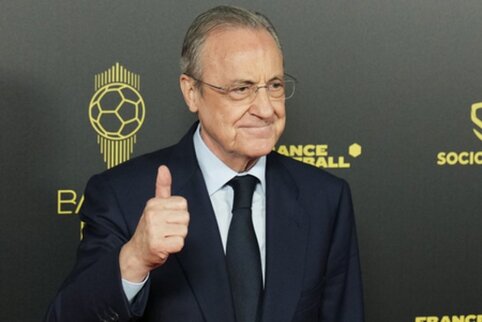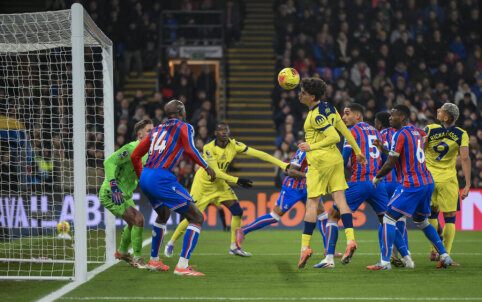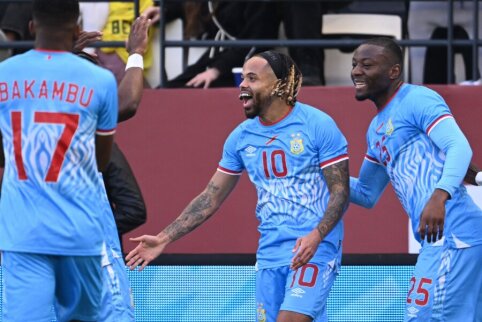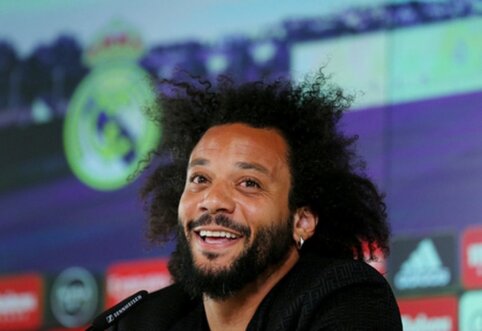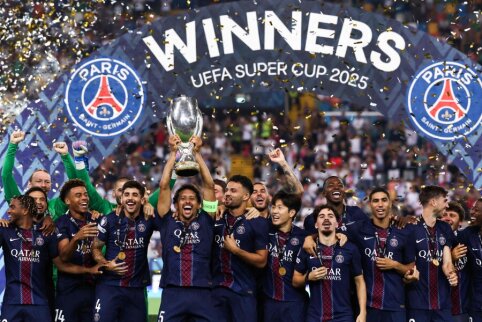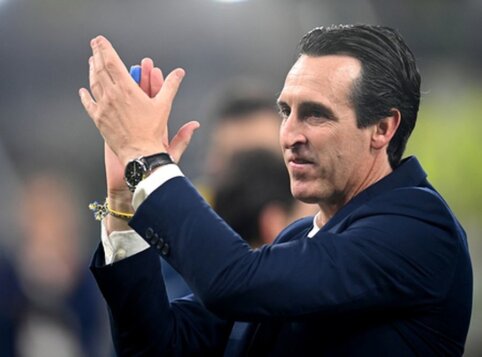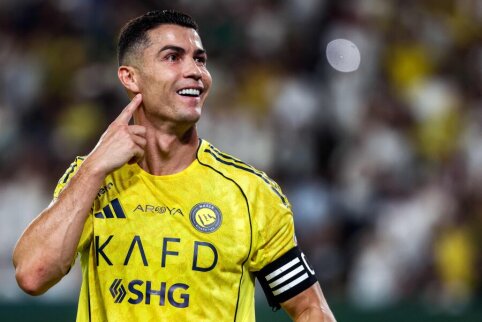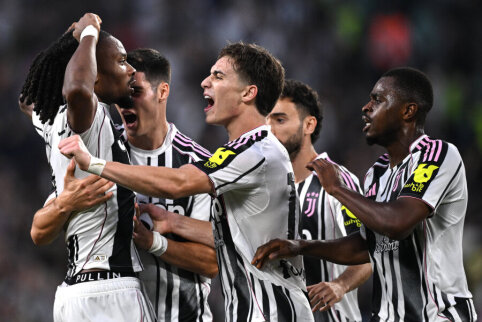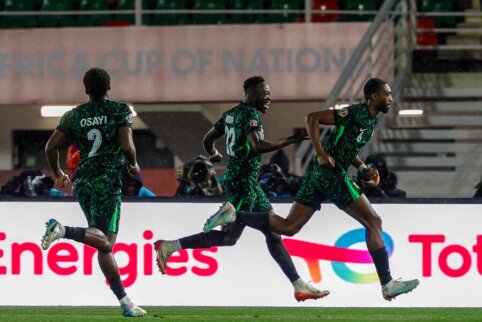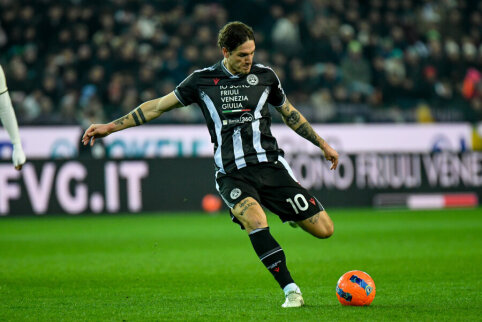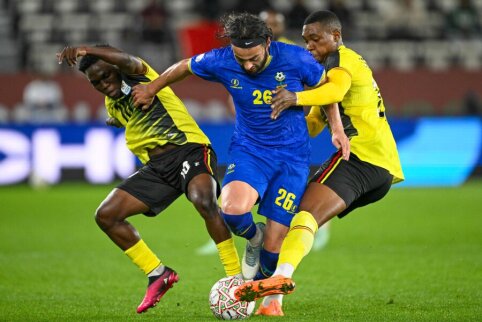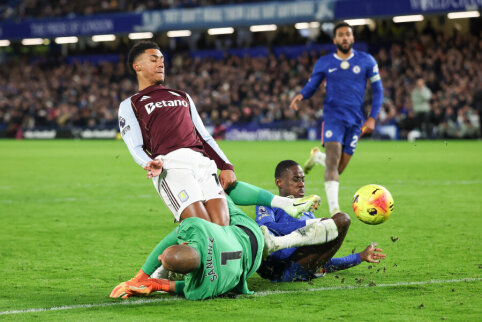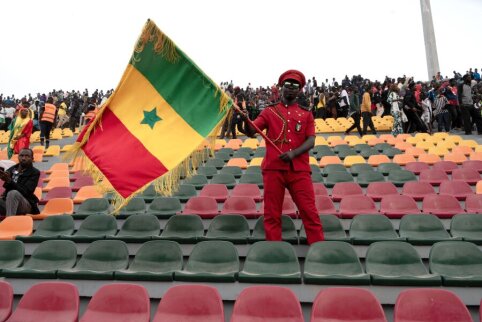 © EuroFootball.com
© EuroFootball.com
The decisive battles in Group C were surrounded by suspicions of a possible agreement between the Croats and Spaniards regarding the result. The Italians still remember the Scandinavian-style episode of EURO 2004, when the Danes played a draw with the Swedes in the final group match, causing the Italians to crash out of the championship. The Italians were afraid of a similar outcome in Poland, but the match between Spain and Croatia did not resemble any agreements. At this point, we support Gianluigi Buffon, who urged his teammates to think less about agreements and focus on the battle against the Eagles.
The Spaniards lined up in the traditional 4-2-3-1 formation, while the Croats in the 4-2-3-1, which often turned into 4-5-1, with full-backs defending closer to their own goal. The world champions started the game defending as if "Barcelona" or "Real", pressuring their opponents in every square meter of the field. The Croats responded in the same manner, though in a slightly lower tempo and playing much more aggressively. The referee tolerated tackles, even rough play, which was what Slaven Bilic's team needed in order to disrupt the Spaniards from their favored technical play. The Croats relied on counter-attacks, but they were not dangerous because of the lack of their main weapon - the engagement of full-backs and defensive midfielders. Danijel Pranjic was active but created nothing dangerous, Mario Mandzukic lacked support, and Luka Modric was closely watched by Xabi Alonso. Therefore, the Croatian attacks were not sharp; they only lasted about 10-15 seconds.
The Spaniards tried to exploit the entire pitch, often changing the direction of their attacks through passes across the field. Andres Iniesta moved towards the center of the field, leaving the left attacking wing to the active Jordi Alba. David Silva was one of the standout players in the first half on the right wing. Fernando Torres clearly lacked space to penetrate, as the Croats played defensively close to their own goal with a 4-4-2 formation, sometimes even with 8 players inside the penalty area near Stipe Pletikosa. The "Chelsea" attacker was closely marked by the best player of the match, Gordon Shildenfeld, who positioned himself superbly in defense.
The match probably would have continued until the end if not for the news from Poznan, where the Italians scored their first goal in the 35th minute. It became clear that only one team from the ones in Gdansk would qualify for the next stage (unless they played a 2:2 draw). The Croats were under more pressure, needing a win to advance, while the Spaniards only needed a draw, although they wanted to win the group. However, both teams deferred their goal implementation to the second half.
Bilic instructed his team to play more actively in attack, defend higher up the pitch, push the Spaniards out of their own half, and press their deep-lying midfielders. Vicente del Bosque probably wanting to assess the opposition's actions, decided to wait and made few changes, except for moving the attacking midfielders from one wing to the other.
The more active Croatian game gave hope that they could still score against the world and European champions. L. Modric became the second striker. It was after his pass that Ivan Rakitic should have scored with a header from 2 meters. Iker Casillas played perfectly. The Croats became more dangerous after long, high passes. The best defense became the offense. The Spanish strategist realized that waiting was no longer an option and declared that they planned to defend their title by playing without strikers. Although in the second half, F. Torres found some space in attack, the tight defenders did not allow him to accelerate. Del Bosque replaced him with Jesus Navas and substituted the inactive D. Silva with Cesc Fabregas. The first provided liveliness on the right attacking wing, the second in midfield. The Spaniards began to attack in a "Barcelona" style through the center of the field, with short passes between the defending players. From the 72nd minute, the Spaniards pressured the opposition, Bilic's pupils again huddled around their own goal unable to attack, as L. Modric was completely exhausted standing in the middle of the field. At that time, the Croatian defenders made one significant mistake when Vedran Corluka did not step out of defense and left A. Iniesta unmarked on the sideline. The goal secured the winners the first place in the group. Everything is clear, the Spaniards continue forward.
Croatia must leave the championship, tactically becoming one of the most interesting teams. During the match, they managed to change the game plan, tempo, and formation multiple times. Hopefully, we will see them in Brazil, while today, the last two world champions from the C group are advancing to the next stage - the Italians and the Spaniards.
